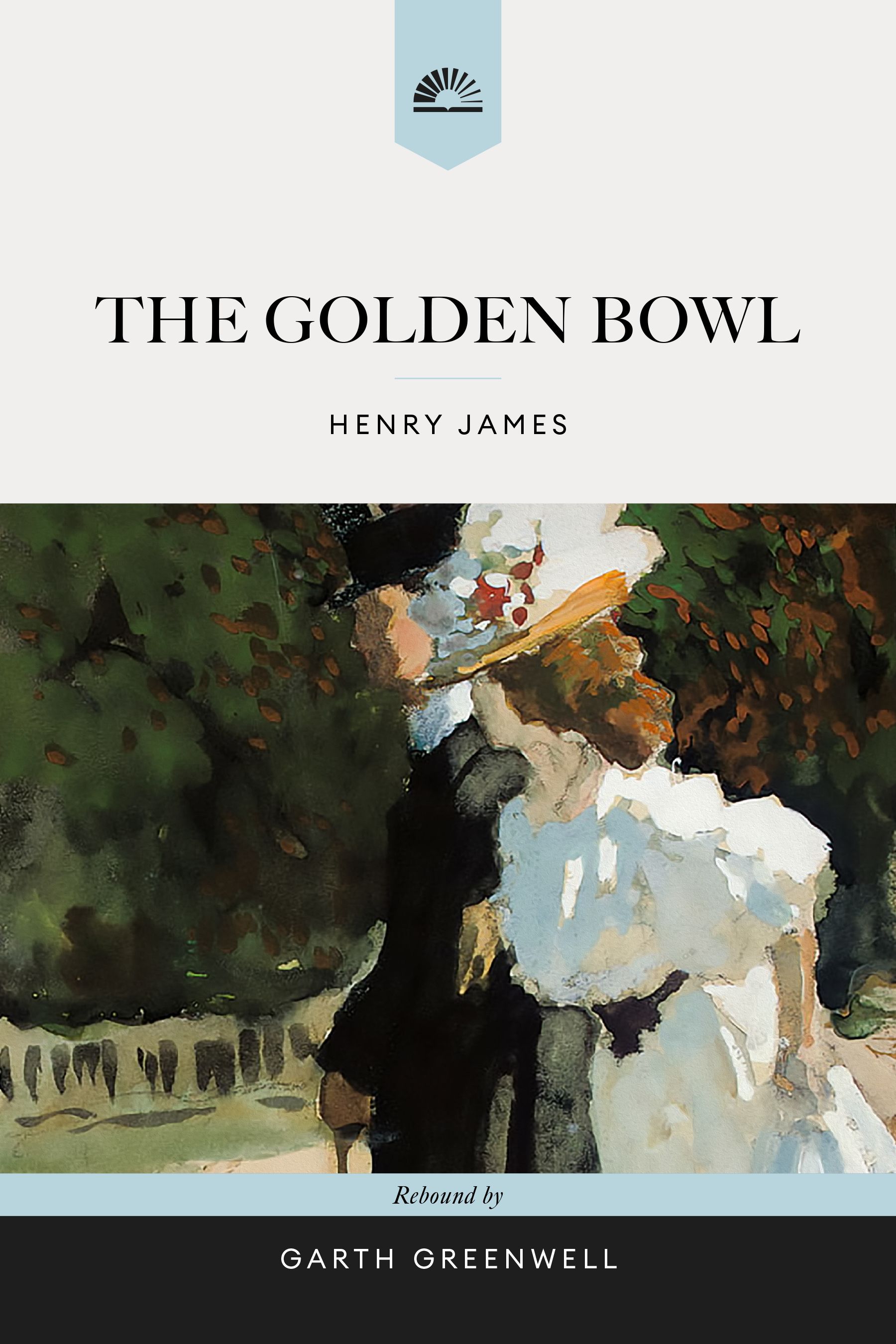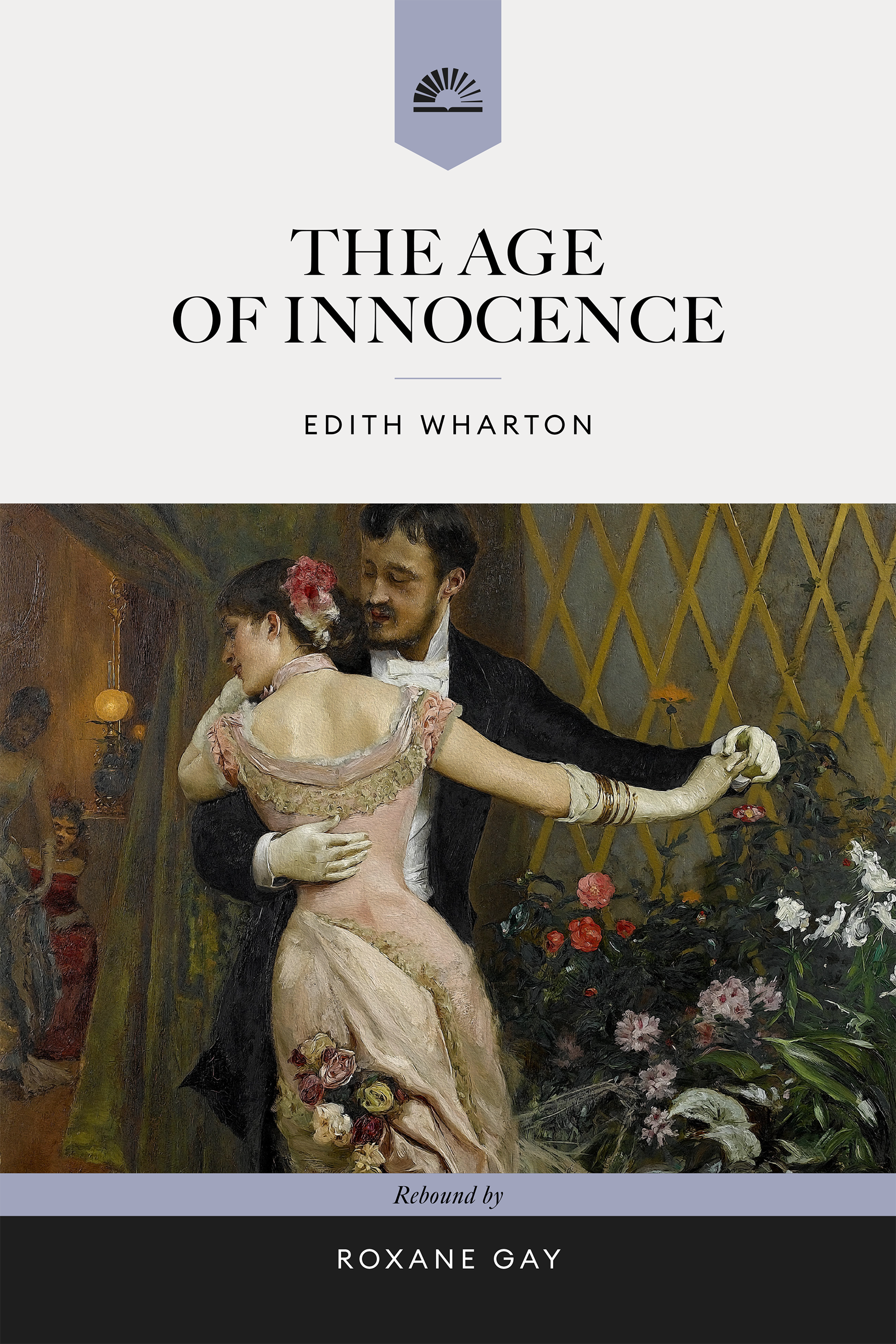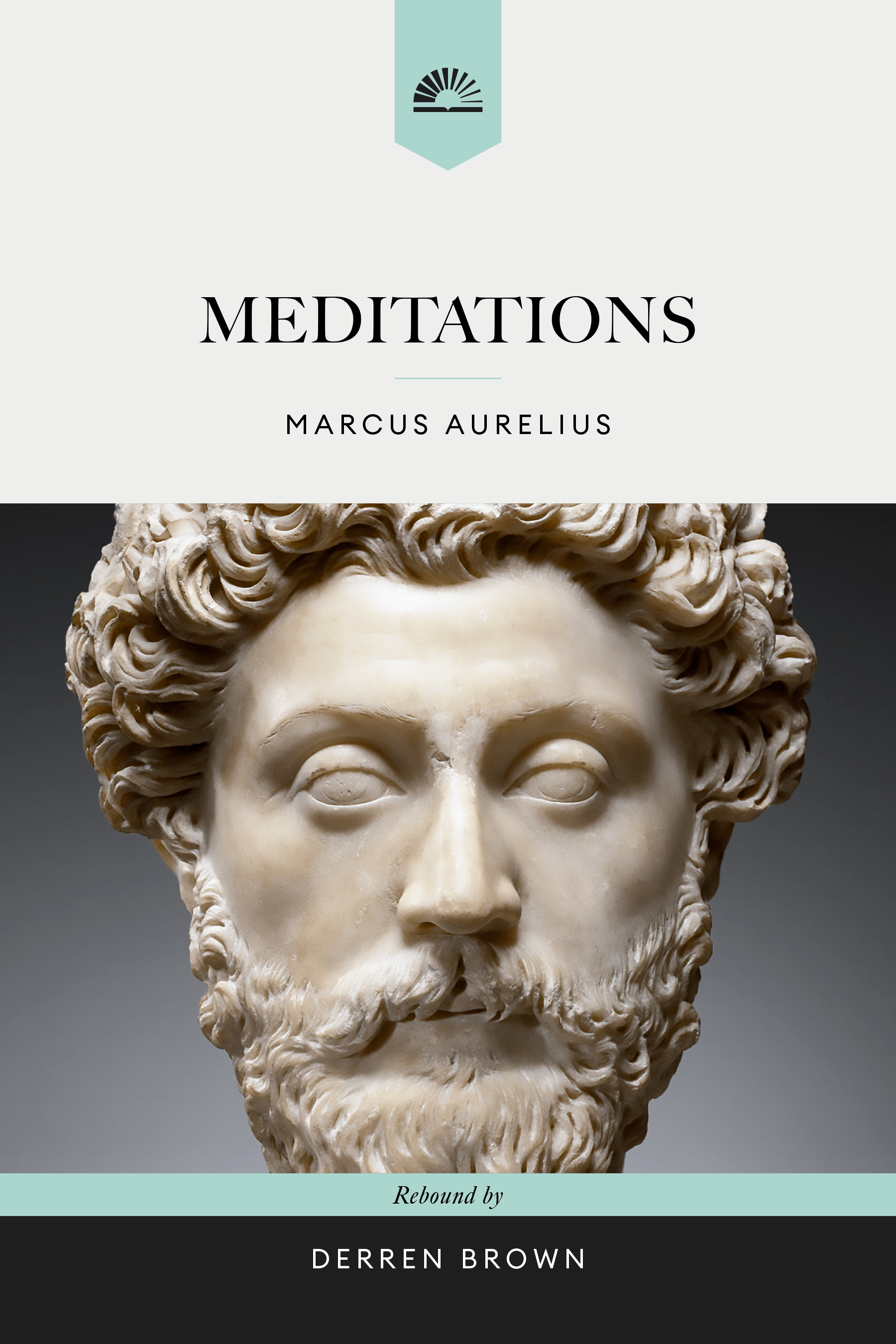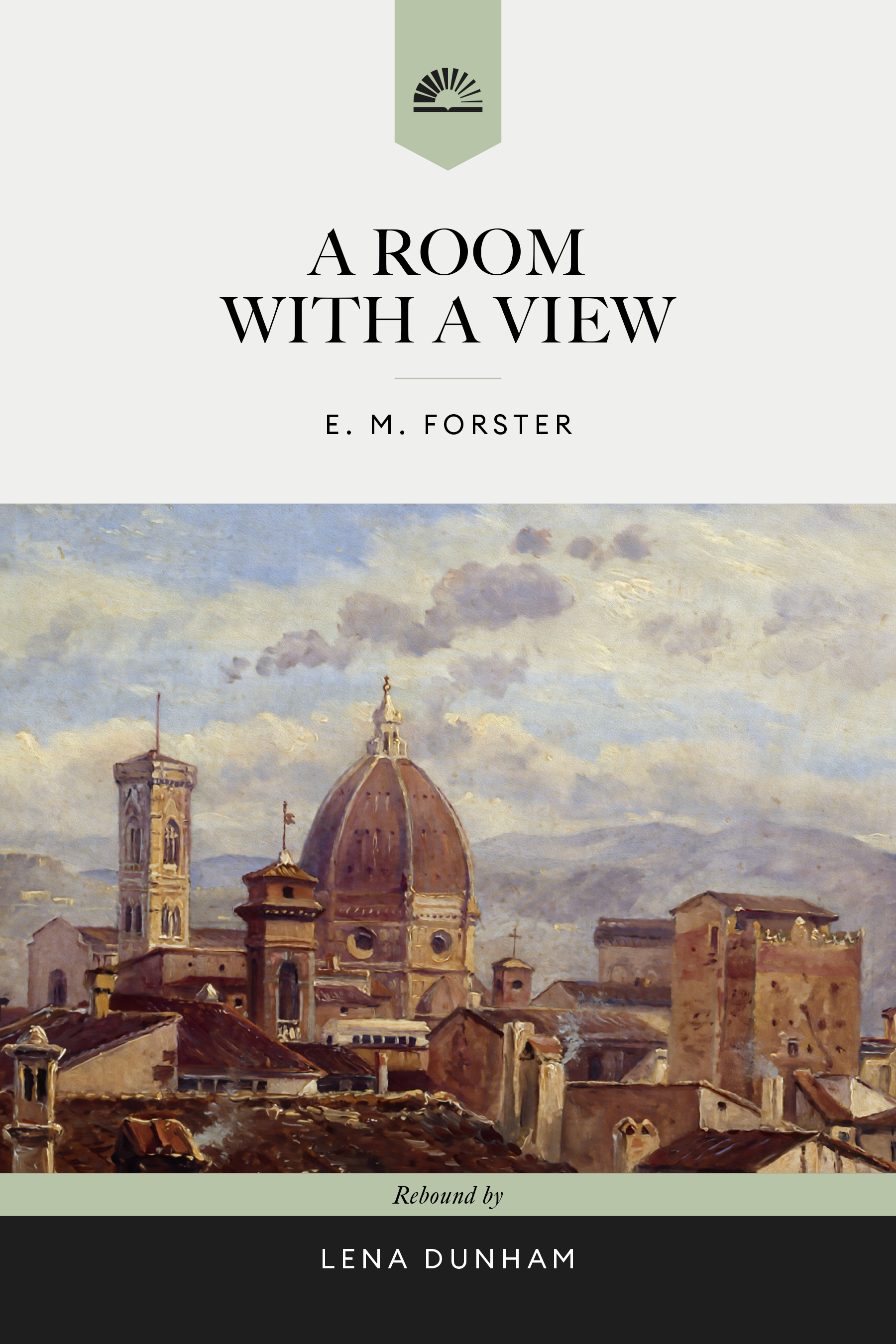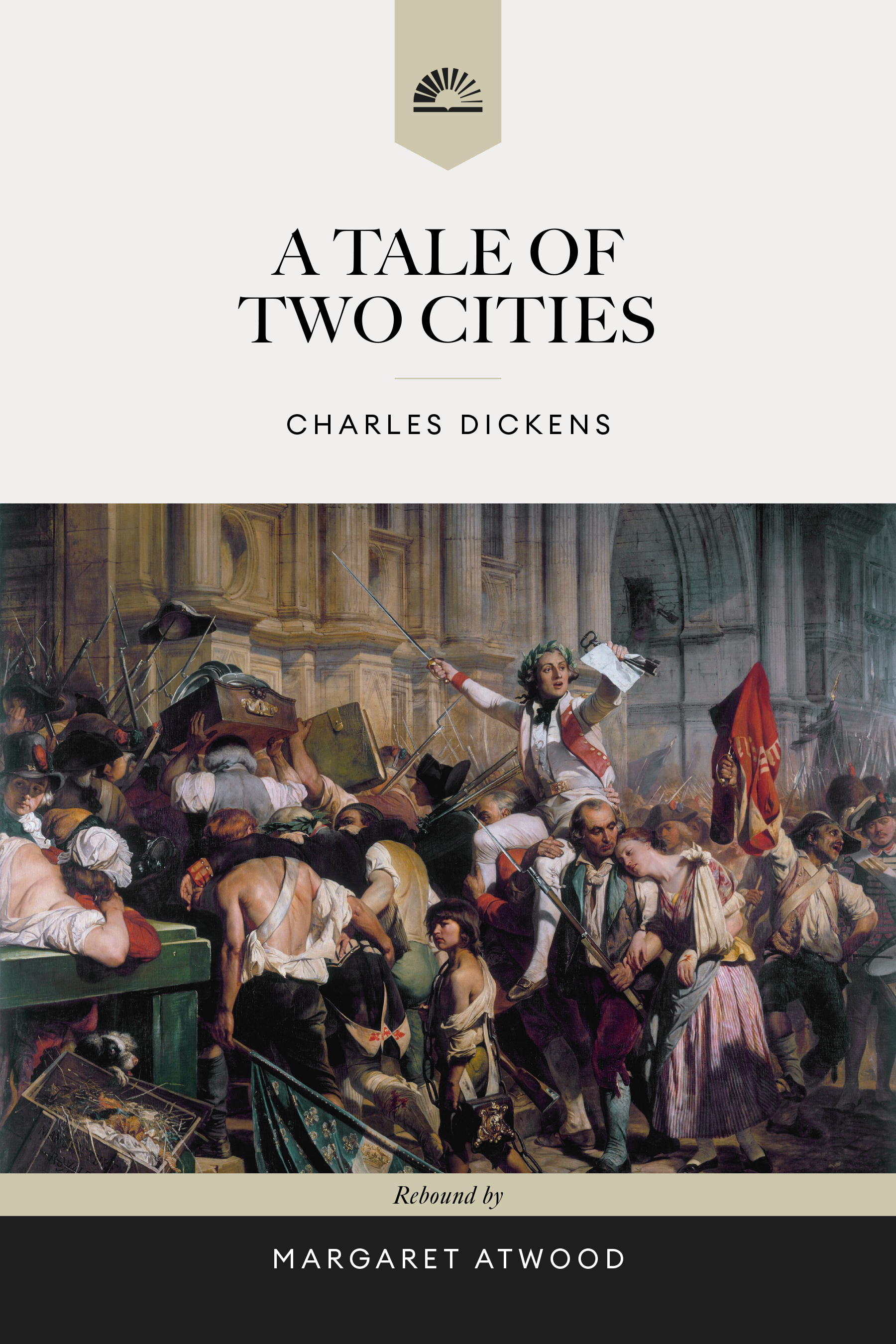The Golden Bowl represents the culmination of Henry James’s artistic achievement, a masterpiece of psychological complexity and moral ambiguity. The novel follows the intertwined lives of four central characters: Adam Verver, an American art collector; his daughter Maggie; her husband, the Italian Prince Amerigo; and Charlotte Stant, a friend of Maggie’s who becomes Adam’s wife. Through the metaphor of a beautiful but flawed golden bowl, James explores the nature of marriage, betrayal, and knowledge. The novel’s intricate style and layered consciousness revolutionized the possibilities of narrative fiction, while its careful examination of human relationships remains startlingly contemporary. This crowning achievement of James’s “late period” continues to challenge and reward readers with its psychological depth and moral complexity.
Henry James (1843-1916) stands as one of the most significant figures in American literature, though he spent much of his adult life in Europe. Born into a wealthy, intellectual family, James was exposed to literature and philosophy from an early age. His transatlantic perspective allowed him to explore the cultural contrasts between the Old and New Worlds with unprecedented sophistication. James revolutionized the novel through his psychological realism and complex narrative techniques, influencing generations of writers. His major works include The Portrait of a Lady, The Golden Bowl, and The Ambassadors. In 1915, he became a British citizen in protest of America's neutrality in World War I. His influence on literary modernism and his mastery of psychological narrative continue to impact contemporary literature.
Garth Greenwell is one of contemporary literature's most celebrated voices, acclaimed for his psychologically nuanced exploration of desire, identity, and human connection. His debut novel What Belongs to You won the British Book Award for Debut of the Year and was longlisted for the National Book Award, establishing him as a major literary talent. His second book, Cleanness, was named a New York Times Notable Book and received widespread international acclaim. A recipient of the 2020 Guggenheim Fellowship and the 2021 Vursell Award for prose style from the American Academy of Arts and Letters, Greenwell's work has appeared in The New Yorker, The Paris Review, and Harper's. Currently a Distinguished Writer in Residence at NYU, Greenwell brings his masterful understanding of psychological complexity and moral ambiguity to his role as a Rebinder.


